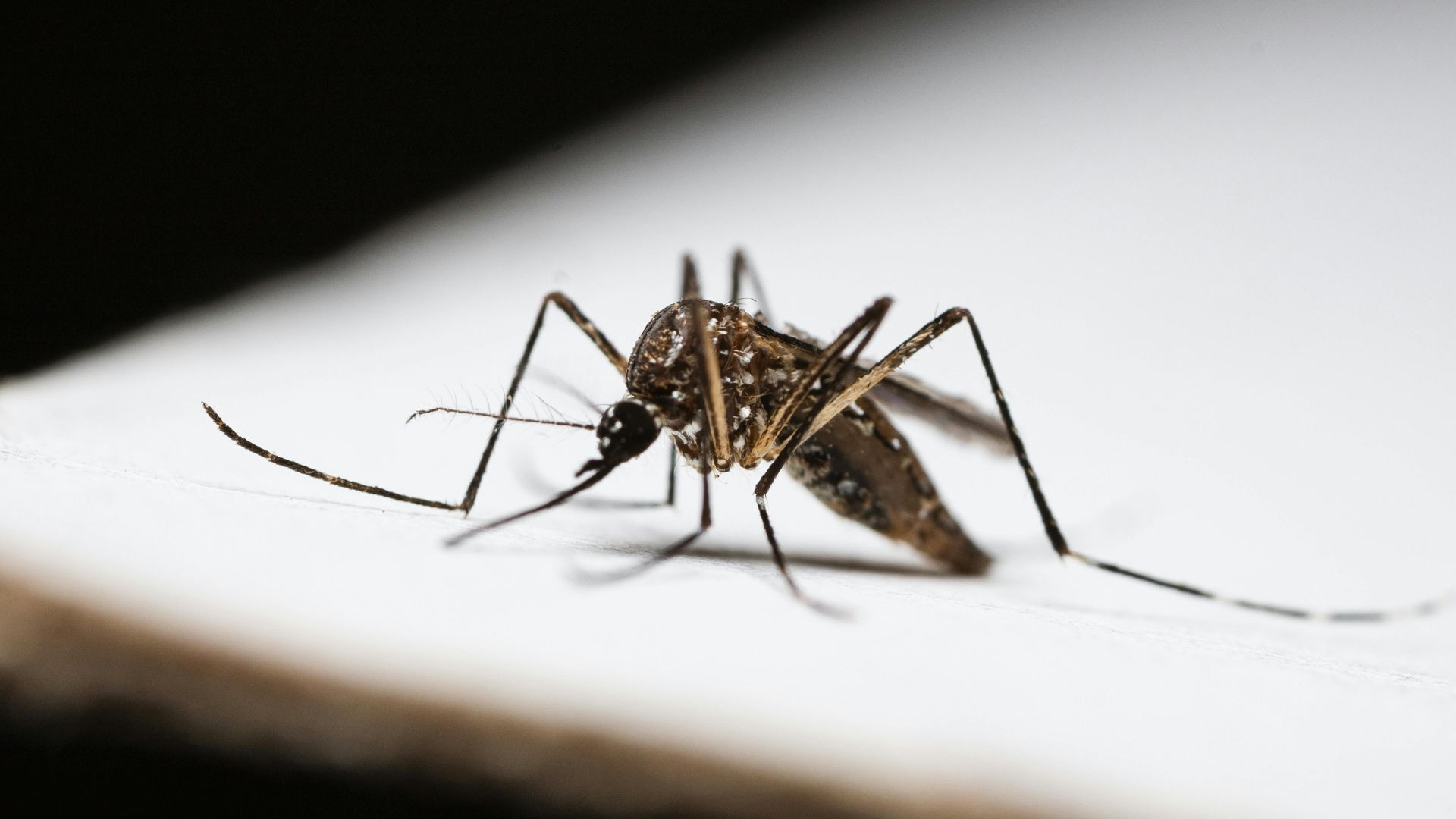Top Stories
Surge in Dengue Cases in New Zealand Linked to Travel

Health officials in New Zealand are raising alarms as dengue fever cases have surged this year, primarily linked to travellers returning from overseas, particularly from the Pacific Islands. As of now, Health New Zealand has reported a total of 208 dengue cases nationwide in 2023, with Auckland alone accounting for 103 cases. This figure already exceeds the total number of cases recorded in all of 2024, indicating a troubling trend. Approximately one-third of those infected this year have required hospitalisation.
According to Dr. Sharon Sime, a physician with the National Public Health Service, public health teams are monitoring a noticeable increase in imported dengue cases. “We’re seeing a surge in cases among people coming home after picking up dengue overseas,” Dr. Sime stated. She emphasized the challenge posed by the fact that many individuals infected with the virus do not exhibit symptoms. “The cases we diagnose are likely an underrepresentation of the actual number of infections,” she added.
Dengue fever is not transmitted directly between humans but spreads through infected mosquitoes prevalent in regions where the disease is endemic. Currently, New Zealand lacks the species of mosquito capable of transmitting dengue. Dr. Sime explained, “At the moment, our climate wouldn’t support the particular type of mosquito that carries dengue. We have monitoring programmes at our airports and ports to detect any imported mosquitoes, providing early warnings about the potential for these mosquitoes to survive in New Zealand.”
The situation has been exacerbated by an ongoing outbreak in the Pacific Islands, the worst seen in nearly a decade. Samoa is particularly affected, having declared an outbreak in April 2023 with over 2,000 cases reported and multiple fatalities linked to the illness.
Dengue fever presents a range of symptoms, including sudden high fever, severe headache, pain behind the eyes, muscle and joint pain, nausea, vomiting, fatigue, and a rash that typically appears on the arms and legs while sparing the palms and soles. Although many individuals experience mild symptoms or none at all, severe cases can lead to hospitalisation, particularly among vulnerable populations.
Dr. Susan Jack, National Clinical Director for the National Public Health Service, highlighted that certain demographics are at greater risk for severe illness. “People over 60 years old and children aged 10 and under are at greater risk of severe illness from dengue,” Dr. Jack noted.
With no vaccine currently available in New Zealand, health officials are emphasizing the importance of preventive measures for those travelling to areas where dengue is prevalent. Dr. Jack recommends the following precautions: sleeping in well-screened rooms or under mosquito nets, wearing long-sleeved, light-coloured clothing, using mosquito repellent containing less than 35% DEET, and avoiding areas with stagnant water where mosquitoes are likely to breed.
As international travel resumes and outbreaks continue in nearby regions, New Zealand health officials urge increased awareness and prompt medical attention for anyone returning with dengue-like symptoms. The situation remains dynamic, and vigilance is essential in mitigating the impact of this serious mosquito-borne disease.
-

 World4 months ago
World4 months agoTest Your Knowledge: Take the Herald’s Afternoon Quiz Today
-

 Sports4 months ago
Sports4 months agoPM Faces Backlash from Fans During Netball Trophy Ceremony
-

 Lifestyle4 months ago
Lifestyle4 months agoDunedin Designers Win Top Award at Hokonui Fashion Event
-

 Entertainment4 months ago
Entertainment4 months agoExperience the Excitement of ‘Chief of War’ in Oʻahu
-

 Sports4 months ago
Sports4 months agoLiam Lawson Launches New Era for Racing Bulls with Strong Start
-

 World5 months ago
World5 months agoCoalition Forms to Preserve Māori Wards in Hawke’s Bay
-

 Health4 months ago
Health4 months agoWalking Faster Offers Major Health Benefits for Older Adults
-

 Lifestyle4 months ago
Lifestyle4 months agoDisney Fan Reveals Dress Code Tips for Park Visitors
-

 Politics4 months ago
Politics4 months agoScots Rally with Humor and Music to Protest Trump’s Visit
-

 Top Stories5 months ago
Top Stories5 months agoUK and India Finalize Trade Deal to Boost Economic Ties
-

 Health2 months ago
Health2 months agoRadio Host Jay-Jay Feeney’s Partner Secures Visa to Stay in NZ
-

 World5 months ago
World5 months agoHuntly Begins Water Pipe Flushing to Resolve Brown Water Issue









